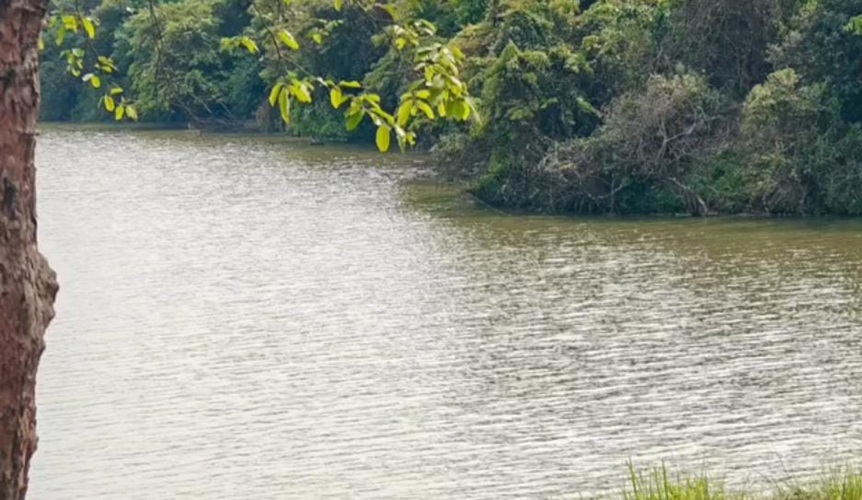Guwahati: The Supreme Court’s Central Empowered Committee (CEC) has directed the Assam government to file its response within four weeks regarding the controversial waste management site near Kaziranga National Park.
The order follows an application challenging the setup of a Material Recovery Facility (MRF) and Faecal Sludge Treatment Plant (FSTP) at Latabari in Bokakhat, raising concerns over threats to the park’s fragile ecosystem.
The case stems from a petition by environmentalist Rohit Choudhury, who warned that the facilities—located just about 60 to 70 metres from the Difaloo River—could severely impact the river and the wider Kaziranga landscape.
The Difaloo flows nearly 42 kilometres through the park before joining the Brahmaputra, serving as a crucial water source for its wildlife.
Advocate Shibani Ghosh, representing the petitioner, told the CEC that waste dumping in or around the park’s eco-sensitive zone must be immediately stopped and urged for the relocation of the Latabari site.
She pointed out that despite repeated appeals, the state had not taken sufficient action to mitigate risks to Kaziranga, home to the world’s largest population of one-horned rhinos.
During the hearing, the Assam government’s position was presented by Special Chief Secretary (Environment & Forests) M.K. Yadava, while Advocate Abha Singh represented the Bokakhat Municipal Board.
A factual report submitted by the Union Ministry of Environment, Forest & Climate Change stated that the site lies around 2.3 km from the national park and 4 km from the Panbari Animal Corridor.
The report also warned that leachate or runoff from the plant could potentially contaminate the Difaloo River.
According to the Assam Pollution Control Board, the Bokakhat Municipal Board had obtained necessary environmental clearances for the FSTP and MRF earlier this year.
The units are designed to process 10 kilolitres of faecal sludge per day, with treated water meant for reuse within the facility.
ALSO READ: Teacher suspended, nine students transferred after ragging incident in Assam school
The approval came with strict conditions on odour control, prevention of leachate discharge, and adherence to effluent quality standards.
However, a recent inspection on October 25 found the plant non-operational, meaning its environmental impact had yet to be assessed.
Environmental groups have hailed the CEC’s move as a positive step toward protecting one of India’s most vital wildlife habitats.
“Kaziranga is not just a park but a global heritage. Development should never come at the cost of its ecological balance,” said a Guwahati-based conservation researcher.
The CEC’s directive gives the Assam government four weeks to justify the project or propose alternatives.
The next hearing is expected to determine whether the waste facility will continue operating near the park or be shifted further away from Kaziranga’s sensitive zone.















